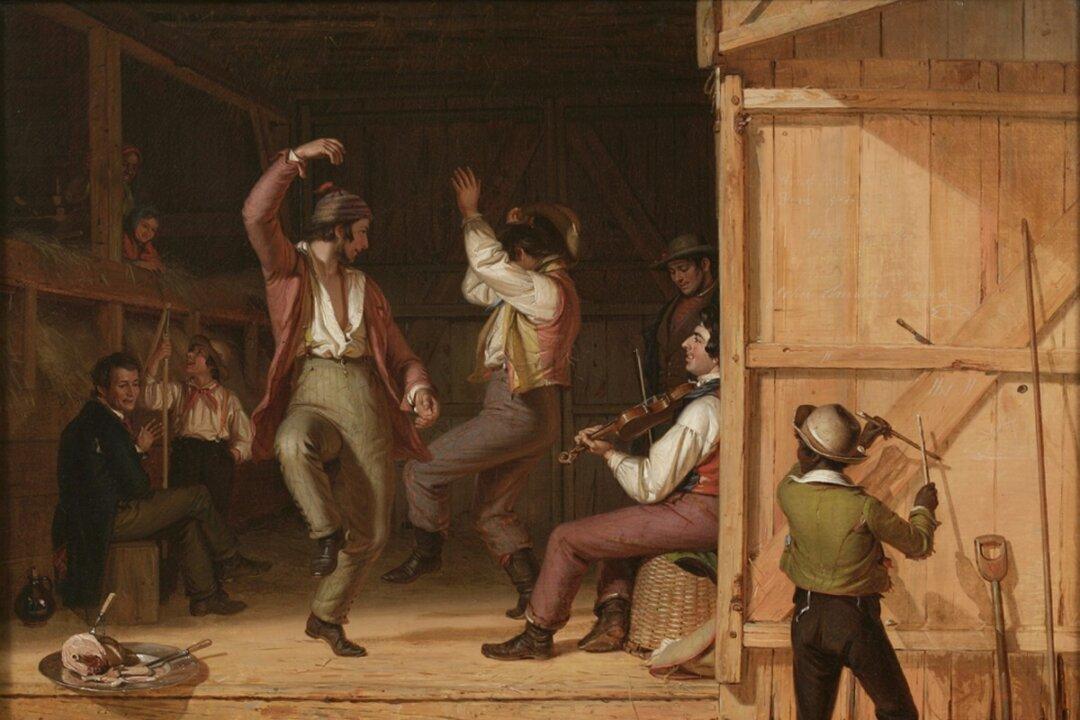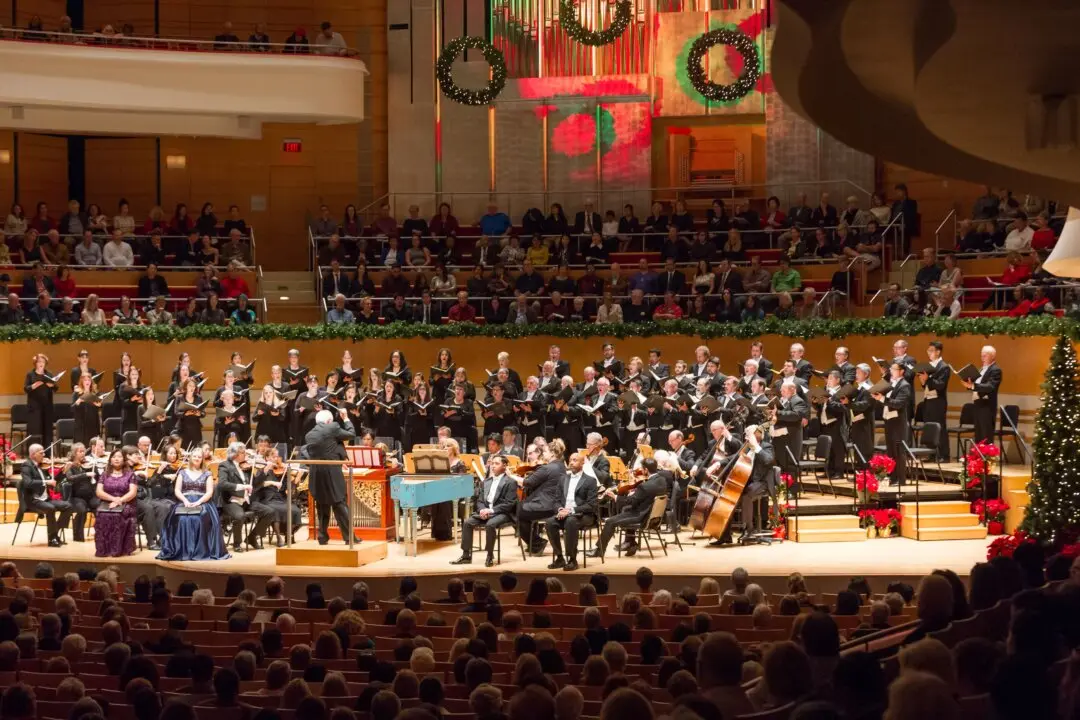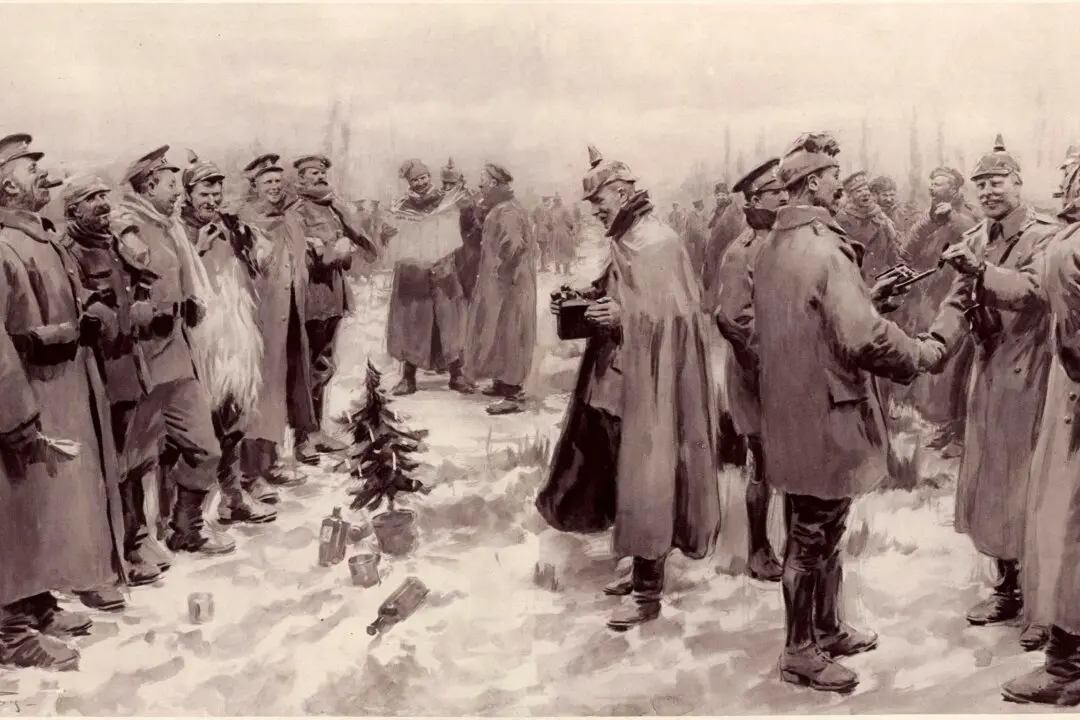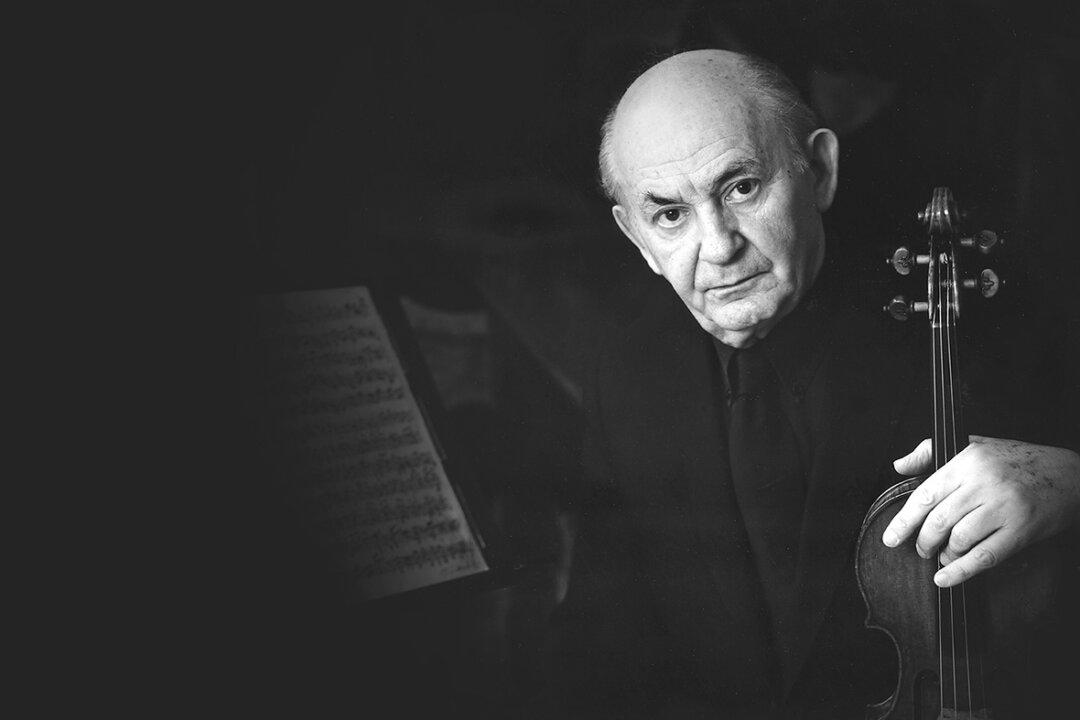Early arrivals to America brought their cultural heritage, especially their religious music, to the new country. Now separated by an ocean from their oppressive homeland, immigrants brought a new spirit of freedom to their music of worship and ordinary life.
The Pilgrim fathers, on their treacherous 66-day voyage across the Atlantic, said their prayers and sang their songs. Upon arrival in their new home, their music began to change and to expand. They altered melodies, introduced previously forbidden harmonies, and composed new works.






